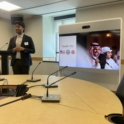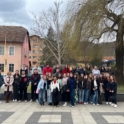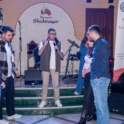Abdulaziz reflects on the highlights from serving as a mentor for CEW.
STORIES
YES Alumni Grant: Project RED
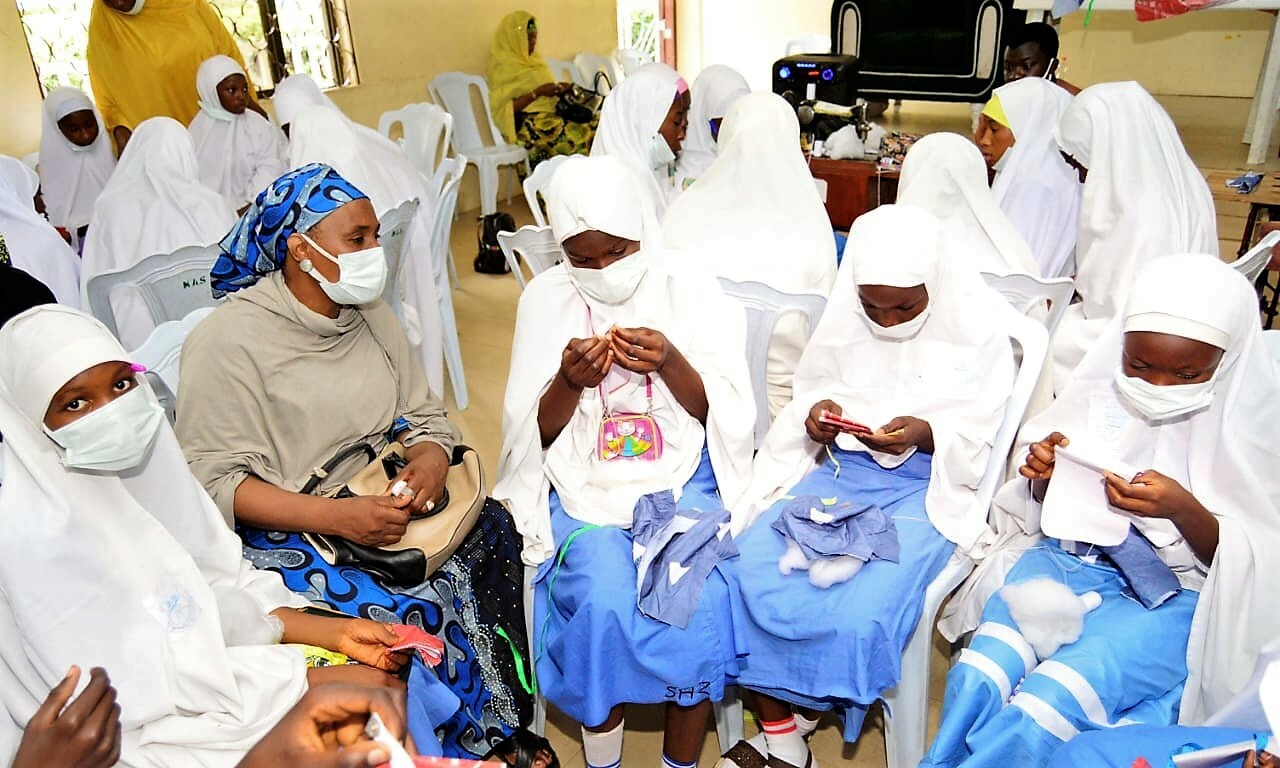
By Khadija Sulaiman Jebu (YES 2018-2019, Nigeria, placed by AFS in Clarksville, TN)
In our society, girls have an important role in social, political, economic, cultural, and religious spheres. When girls possess skills and abilities, they can make a great contribution to the world. It is vital for girls to be knowledgeable about and promote awareness of factors influencing female health. But in some cultures, girls are less likely to have access to health services compared to their male counterparts.
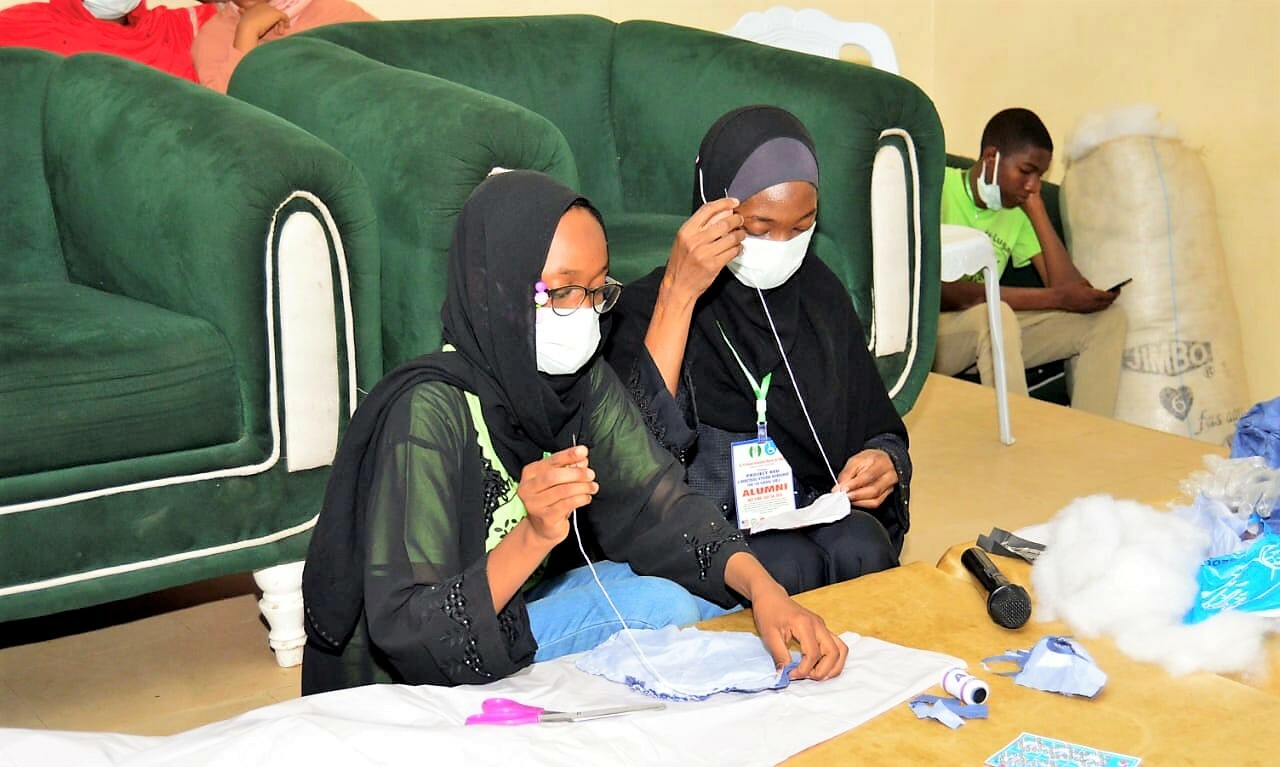
In a conservative country like Nigeria, where discussion on menstrual health is often taboo, period poverty has received very little attention. School-aged girls miss an average of 24% of the school year due to the lack of sustainable menstrual hygiene products and many drop out of school when so many absences lead to poor performance. Many girls use unsafe materials in place of sanitary menstrual hygiene products, such as leaves, feathers, mattress foam, and wool due to the heavy taxes placed on sanitary products. Several organizations in Nigeria are doing their best to address this issue, but Nigeria is a densely populated country, and reaching young women in rural areas can be a challenge.
My experience as a YES alumna has been rewarding and beneficial. My YES experience helped me develop a natural love for the world. Thanks to YES, I accept and respect differences. During my YES year, I completed more than 100 hours of community service, which inspired me to organize and participate in service projects as an alumna because I see how community service has positively changed me and my community. In the U.S., I witnessed how a whole community can come together, united to achieve a common goal.
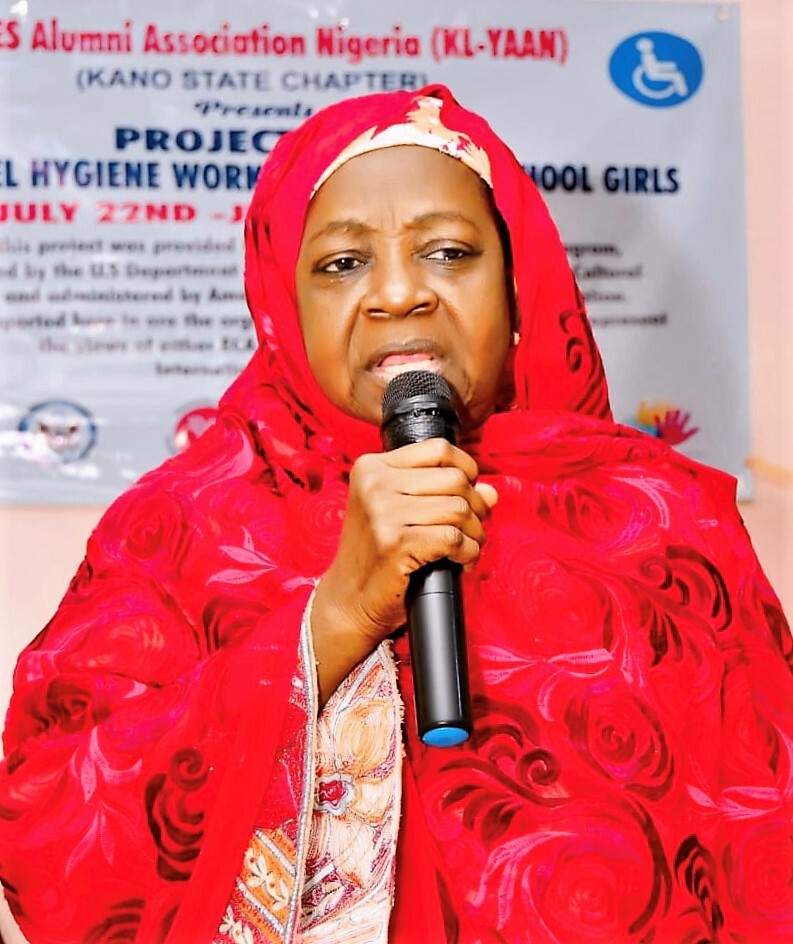
I decided I wanted to help girls in my community take charge of their own health. I applied for a YES Alumni Grant to implement a one-week workshop called Project RED. During the workshop, 100 participants, ages 14 to 20, learned how to make reusable sanitary pads using environmentally friendly, chemical-free materials. We also held discussions to raise awareness on the importance of menstrual hygiene and help the young women build confidence in an effort to end period stigma. We selected participants from underprivileged, rural areas, where young women generally lack the resources to take care of their menstrual hygiene or knowledge about their own natural monthly cycle.
We partnered with the Nana Asmau Initiative for Human Development and Global Grassroots Initiative Nigeria to conduct this project. The participants were so determined, dedicated, and eager to learn. At the end of the workshop, they were each presented with a certificate and a sewing kit, which they will need for the post-workshop requirement of training five other girls in their schools and communities. These participant-led follow-on trainings will reach at least 500 other young women.
Projects like this are essential to the economic and social development of my country. Teaching these skills can go a long way in reducing poverty and supporting family and community planning, leading to improved standard of living. Project RED has been a very successful, and I’m happy to share that the Kano State Government, our project partners, special guests, and community leaders support Project RED becoming an on-going initiative here in Kano State.
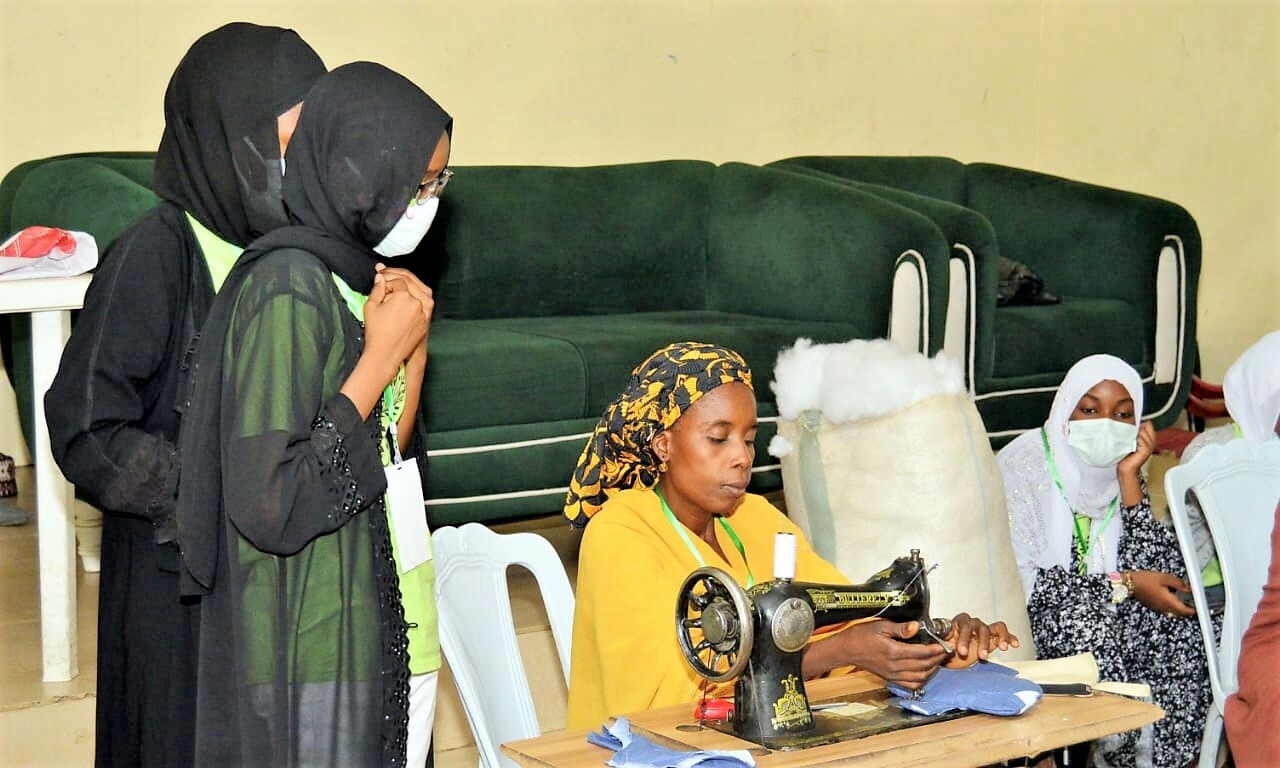
This project has been a learning experience for me. In addition to learning aspects of menstrual health that I wasn’t previously aware of, I learned the importance of teamwork, commitment, dedication, perseverance, and the value of my teammates. Together, I know that we can create a world where every young woman has the chance to live up to her potential.
I am very thankful to the YES program and the U.S. Department of State Bureau of Educational and Cultural Affairs for supporting this project. And a tremendous thanks to my project team and partners for their hard work and playing such a vital role in the success of this project.
Signing off now to try and make more positive change!


